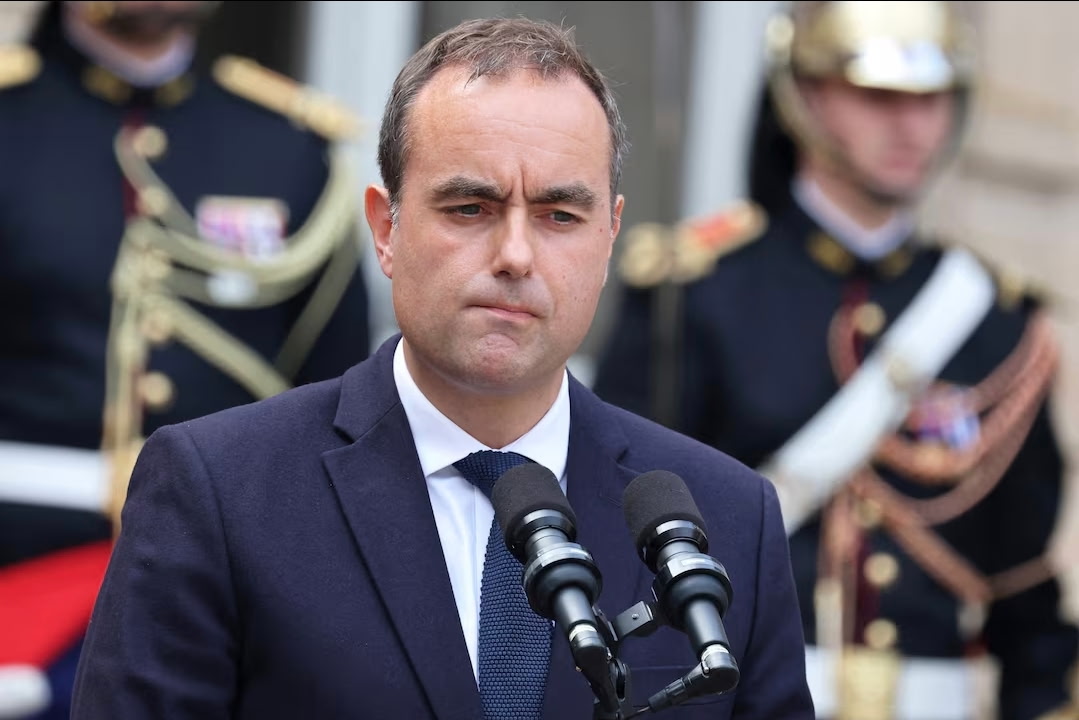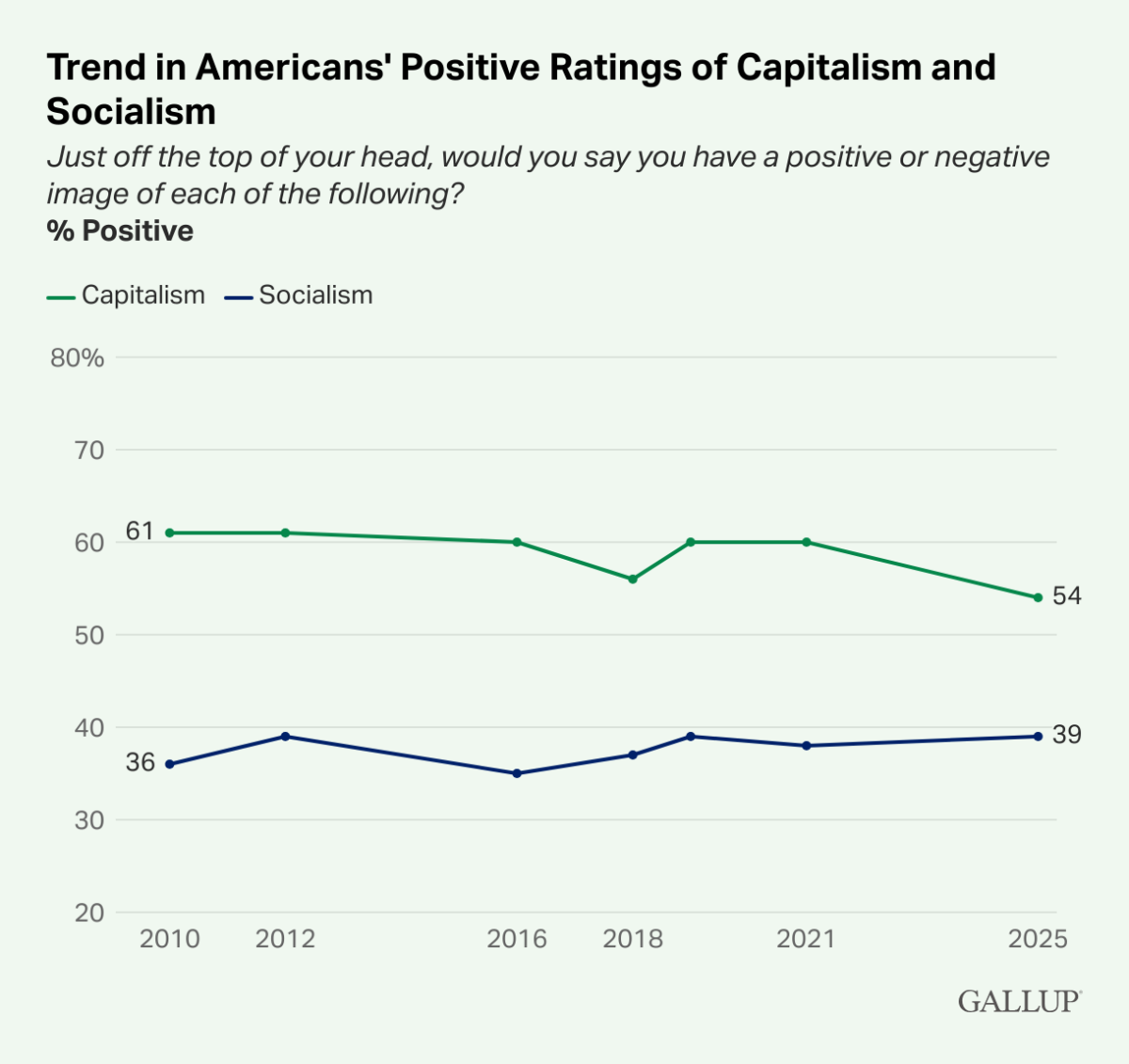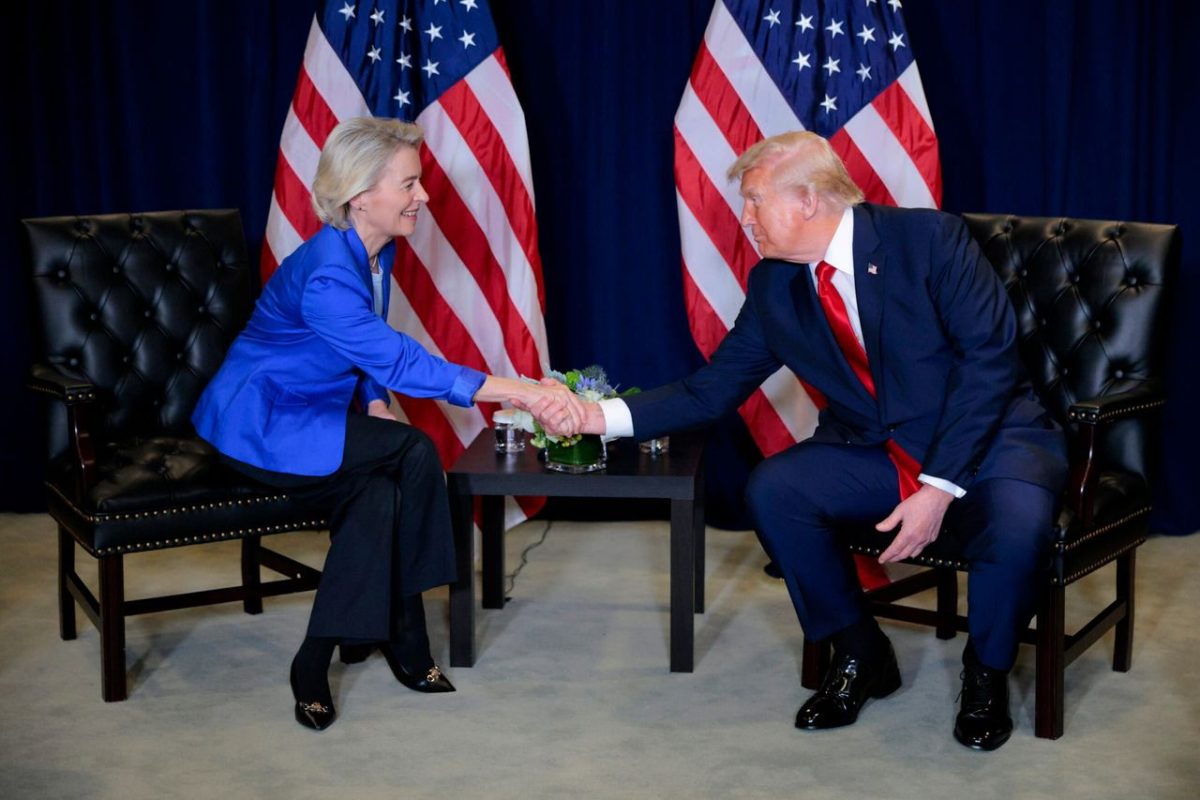74-year-old centrist Francis Bayrou was appointed by French President Emmanuel Macron in December 2024, and his policy of trying to balance the budget by slashing public spending angered the parliament, triggering a vote of no confidence, which is a vote to show whether or not a majority still supports the leader or government, and ousting him from the parliament. After a vote of no confidence was held in the parliament of France on September 8th, the vote passed, and the prime minister of France was ousted from the government, causing the French government to collapse again. Macron quickly responded to the situation by appointing a new prime minister, defense minister Sébastien Lecornu, on September 9th. Lecornu must now balance his responsibility of getting the parties to agree on a budget with dealing with protesters all over France against the government.
Macron loyalist 39-year-old Lecornu was the youngest person in the role of defense minister in the history of France, with him overseeing a major military buildup due to the Russo-Ukrainian war, and now his appointment as the prime minister makes him France’s fourth prime minister in barely a year. While usually the prime minister would focus on forming a new government once they are appointed, Macron has instructed Lecornu that his first priority is for the parties in the parliament to agree on a budget. Lecornu had before championed a $435 billion defense budget from 2024 to 2030, the most significant spending spike in French history, but now as prime minister faces pressure from the country and the entire European Union to lower the deficit of France because they are double the EU’s 3% debt ceiling, with debt equivalent to 114% of the French GDP according to CBS. Given that the former prime minister was ousted from his position due to trying to cut social spending to balance the budget, it is clear that Lecornu won’t be able to take that position in order to balance the budget, but rather will need to look towards other areas to either cut spending or raise revenue.
Either way that the government chooses to deal with this crisis, they will likely face backlash and protest from the people. The day of Lecornu’s appointment to the prime minister position was a day before the “Block Everything” protests across the country, which were a series of protests that were against President Macron and the planned spending cuts from the French government. The government dispatched more than 80,000 security personnel across the country in response to around 200,000 people around France joining these protests, especially angered by the $52 billion spending cuts proposed by the last government, according to Reuters. They aren’t just mad at the spending cuts, but also at Macron for his continuance of choosing moderate and conservative prime ministers who are for proposals to cut spending, with CGT Union official Fred saying, “It’s the same sh*t; it’s the same, it’s Macron who’s the problem, not the ministers…” The protests resulted in obstructed highways, clashes with police, and around 500 protesters arrested. Unless Macron and Lecornu are able to find a way to balance the budget without angering the citizens, it is likely that the discontent and protests will continue.








